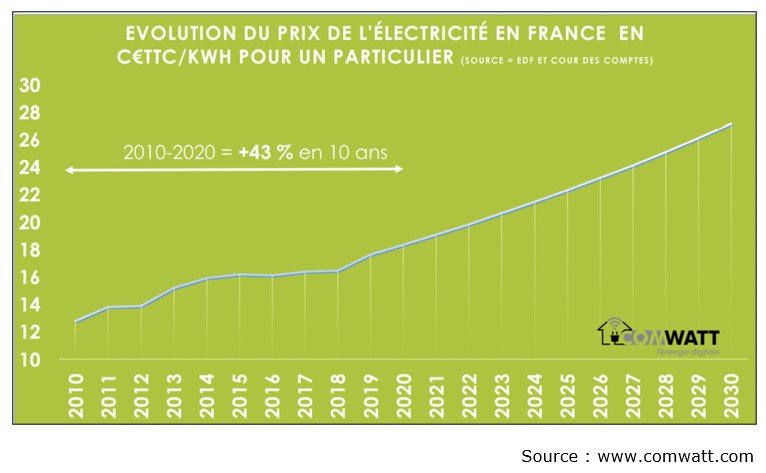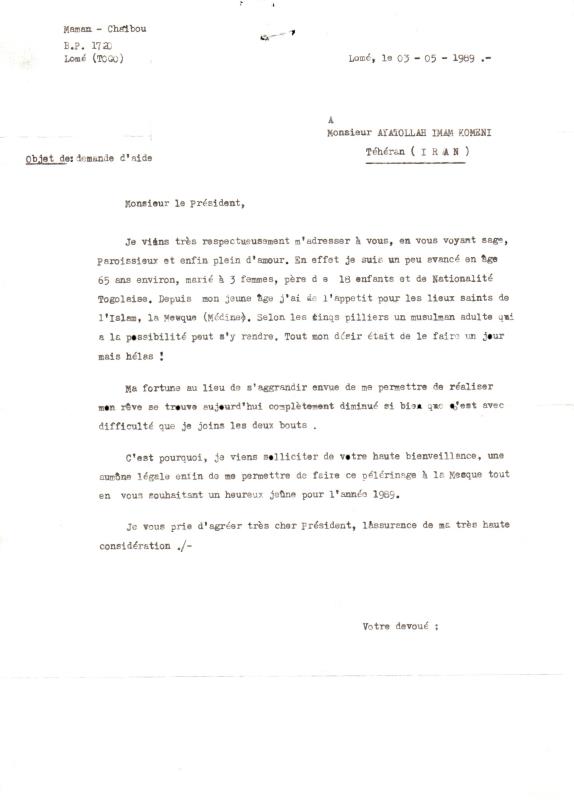Revised Economic Outlook: Bank Of Japan Responds To Trade War

Table of Contents
The BOJ's Revised Economic Assessment
The BOJ's initial economic forecast for 2019 projected moderate growth, driven by domestic demand and supportive monetary policy. However, the intensification of the US-China trade war significantly impacted this forecast, forcing the BOJ to issue a revised and more pessimistic outlook.
-
Downward Revisions to GDP Growth Projections: The BOJ downgraded its GDP growth projections for fiscal year 2019, citing weakened export performance and a decline in business investment due to global uncertainty. The initial forecast of around 1% growth was revised downwards to closer to 0.5%, reflecting the significant impact of the trade war.
-
Concerns Regarding Export Performance and Business Investment: The trade war's impact on global supply chains has directly affected Japanese exports, particularly in the automotive and electronics sectors. Businesses have become hesitant to invest due to the unpredictable nature of the trade environment, leading to a slowdown in capital expenditure. This is reflected in the decline in the Purchasing Managers' Index (PMI) for the manufacturing sector.
-
Adjustments to Inflation Forecasts: The BOJ has also revised its inflation forecasts downwards. The prolonged period of sluggish global growth, coupled with weak domestic demand, has made it difficult to achieve the BOJ's 2% inflation target. The lower inflation forecasts are a further indication of the trade war's dampening effect on the Japanese economy.
-
Assessment of Consumer Spending and its Resilience: Despite the negative economic headwinds, consumer spending has remained relatively resilient. However, the BOJ acknowledges that continued uncertainty could dampen consumer confidence and lead to a reduction in spending in the future. The Consumer Price Index (CPI) has remained relatively stable, but further deterioration in the economic outlook could affect consumer spending patterns.
The BOJ's assessment methodology relies on a range of economic indicators, including the CPI, PMI, export/import data, and surveys of business sentiment. These indicators provide a comprehensive picture of the current economic situation and inform the BOJ's policy decisions.
Monetary Policy Response to Trade War Pressures
Maintaining Current Monetary Policy Stance
Despite the deteriorating economic outlook, the BOJ has decided to maintain its current ultra-loose monetary policy stance. This decision is based on several factors:
-
Rationale: The BOJ believes that further monetary easing may not be effective in addressing the fundamental issues caused by the trade war, which are primarily structural in nature. They also believe that further reduction of interest rates could have negative consequences for the financial system.
-
Yield Curve Control Policy and its Limitations: The BOJ's yield curve control policy, aimed at keeping long-term interest rates low, faces limitations in the current environment. The global uncertainty and the safe-haven demand for the Yen are putting upward pressure on long-term interest rates, making it challenging to maintain the yield curve target.
-
Effectiveness of Quantitative Easing: While quantitative easing (QE) has helped to maintain liquidity in the financial system, its effectiveness in stimulating economic growth has diminished in recent years. The BOJ believes that further QE may have limited additional impact.
Potential for Further Easing
However, the BOJ acknowledges the possibility of further monetary easing measures if economic conditions worsen significantly.
-
Additional Easing Options: Potential options include further reductions in the negative interest rate policy, and an expansion of QE programs.
-
Risks and Limitations of Further Easing: Further easing carries risks, including the potential for negative impacts on financial institutions' profitability and the possibility of further weakening the Yen.
-
Impact of Negative Interest Rates on Financial Institutions: Prolonged periods of negative interest rates can squeeze the profitability of banks and other financial institutions, potentially hindering their lending activities and economic growth.
Impact on the Japanese Yen and Global Markets
Yen Volatility and its Implications
The ongoing trade war uncertainty has led to significant volatility in the Japanese Yen's value.
-
Yen's Safe-Haven Status: The Yen's status as a safe-haven currency has led to increased demand during periods of global uncertainty, strengthening its value against other major currencies.
-
Effects of a Stronger Yen on Japanese Exporters: A stronger Yen makes Japanese exports more expensive in global markets, hurting the competitiveness of Japanese companies and further dampening export growth.
-
Ripple Effects on Global Currency Markets: Fluctuations in the Yen's value have ripple effects across global currency markets, impacting exchange rates and investment flows.
Global Economic Spillover Effects
Japan's response to the trade war has broader implications for the global economic outlook.
-
Interconnectedness of the Global Economy: Japan is deeply integrated into global supply chains, and disruptions in the Japanese economy can have cascading effects on other countries.
-
Impact on Supply Chains and Global Trade: The trade war is disrupting global supply chains, impacting production and delivery schedules for various industries globally.
-
Implications for Other Asian Economies: The slowdown in the Japanese economy has significant implications for other Asian economies, particularly those that are heavily reliant on exports to Japan.
Conclusion
The Bank of Japan's revised economic outlook reflects the significant challenges posed by the ongoing trade war. While maintaining its current monetary policy stance for now, the BOJ is closely monitoring the situation and remains prepared to take further action if necessary. The volatility of the Japanese Yen and the interconnectedness of the global economy highlight the far-reaching impact of these trade tensions. Staying informed about the Bank of Japan economic outlook and its policy responses is crucial for investors and businesses navigating this uncertain environment. Understanding the BOJ's actions and the evolving economic landscape will be key to making informed decisions in the face of global trade uncertainties. Continue to monitor the Bank of Japan's statements and economic indicators for further updates on the Japanese economic outlook and its implications for the global economy.

Featured Posts
-
 La France Augmente La Pression Sur La Russie Decisions Imminentes De Macron
May 03, 2025
La France Augmente La Pression Sur La Russie Decisions Imminentes De Macron
May 03, 2025 -
 Aide Financiere A Maurice Signature Et Echange De Notes Officiels
May 03, 2025
Aide Financiere A Maurice Signature Et Echange De Notes Officiels
May 03, 2025 -
 Echange De Notes Accord D Aide Financiere Pour La Republique De Maurice
May 03, 2025
Echange De Notes Accord D Aide Financiere Pour La Republique De Maurice
May 03, 2025 -
 Mariya Zakharova O Semeynoy Zhizni Emmanuelya I Brizhit Makron
May 03, 2025
Mariya Zakharova O Semeynoy Zhizni Emmanuelya I Brizhit Makron
May 03, 2025 -
 Familys Heartbreaking Tribute To Young Manchester United Fan Poppy
May 03, 2025
Familys Heartbreaking Tribute To Young Manchester United Fan Poppy
May 03, 2025
Latest Posts
-
 Champions League Race Heats Up Souness On Arsenal And A Dominant Rival
May 03, 2025
Champions League Race Heats Up Souness On Arsenal And A Dominant Rival
May 03, 2025 -
 Arsenals Champions League Prospects Souness Points To A Formidable Challenger
May 03, 2025
Arsenals Champions League Prospects Souness Points To A Formidable Challenger
May 03, 2025 -
 Souness Highlights Arsenals Champions League Threat A Top Tier Rival Emerges
May 03, 2025
Souness Highlights Arsenals Champions League Threat A Top Tier Rival Emerges
May 03, 2025 -
 Graeme Souness Arsenal Warning A Champions League Contender Soars
May 03, 2025
Graeme Souness Arsenal Warning A Champions League Contender Soars
May 03, 2025 -
 Gaza Freedom Flotilla Reports Drone Attack Issues Sos Near Malta
May 03, 2025
Gaza Freedom Flotilla Reports Drone Attack Issues Sos Near Malta
May 03, 2025
